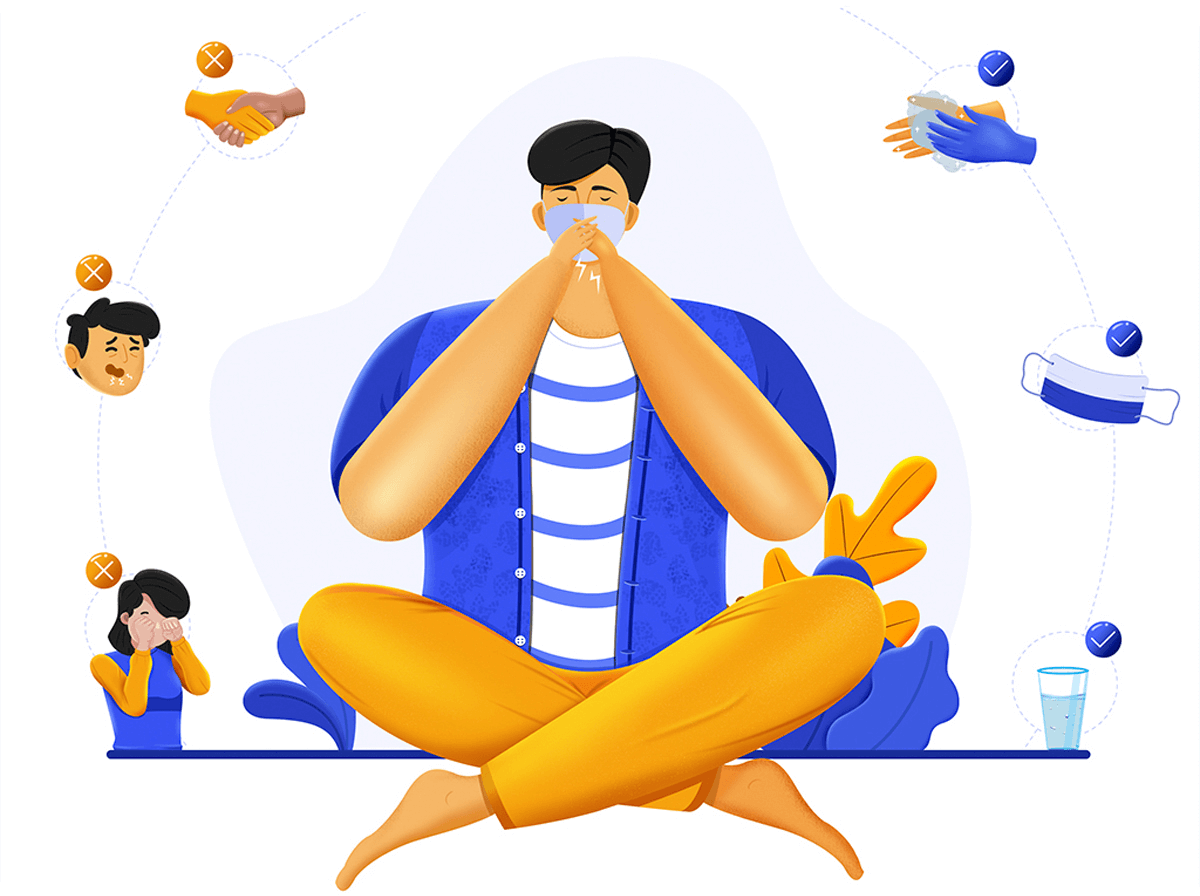Coronavirus Symptoms
COVID-19 affects different people in different ways. Most infected people will develop mild to moderate illness and recover without hospitalization.
Headache
A headache is a potential symptom of COVID-19. However, current evidence indicates that it's less common than other COVID-19 symptoms, like fever, cough, and shortness of breath.
Shortness Of Breath
Shortness of breath can make it hard to breathe deeply. You may feel winded, or as if you can’t get enough air into your lungs. Shortness of breath is one of the hallmark symptoms of COVID-19.
Shaking Chills
It's totally normal to get chilly when temperatures drop— but feeling a little cold is different from having the chills, which tends to happen when you're Covid.
Dhiarrea
Diarrhea commonly occurs in people with COVID-19. One studyTrusted Source published in the American Journal of Gastroenterology examined 206 patients with a mild case of COVID-19. They found 48 people had only digestive symptoms and another 69 had both digestive and respiratory symptoms.
Fever
The body temperature of a healthy person averages 98.6 degrees Fahrenheit (or 37 degrees Celsius). Some people tend to run a little higher or a little lower, but if you hit 100.4 degrees F (or 38 degrees C), you have a fever. s

